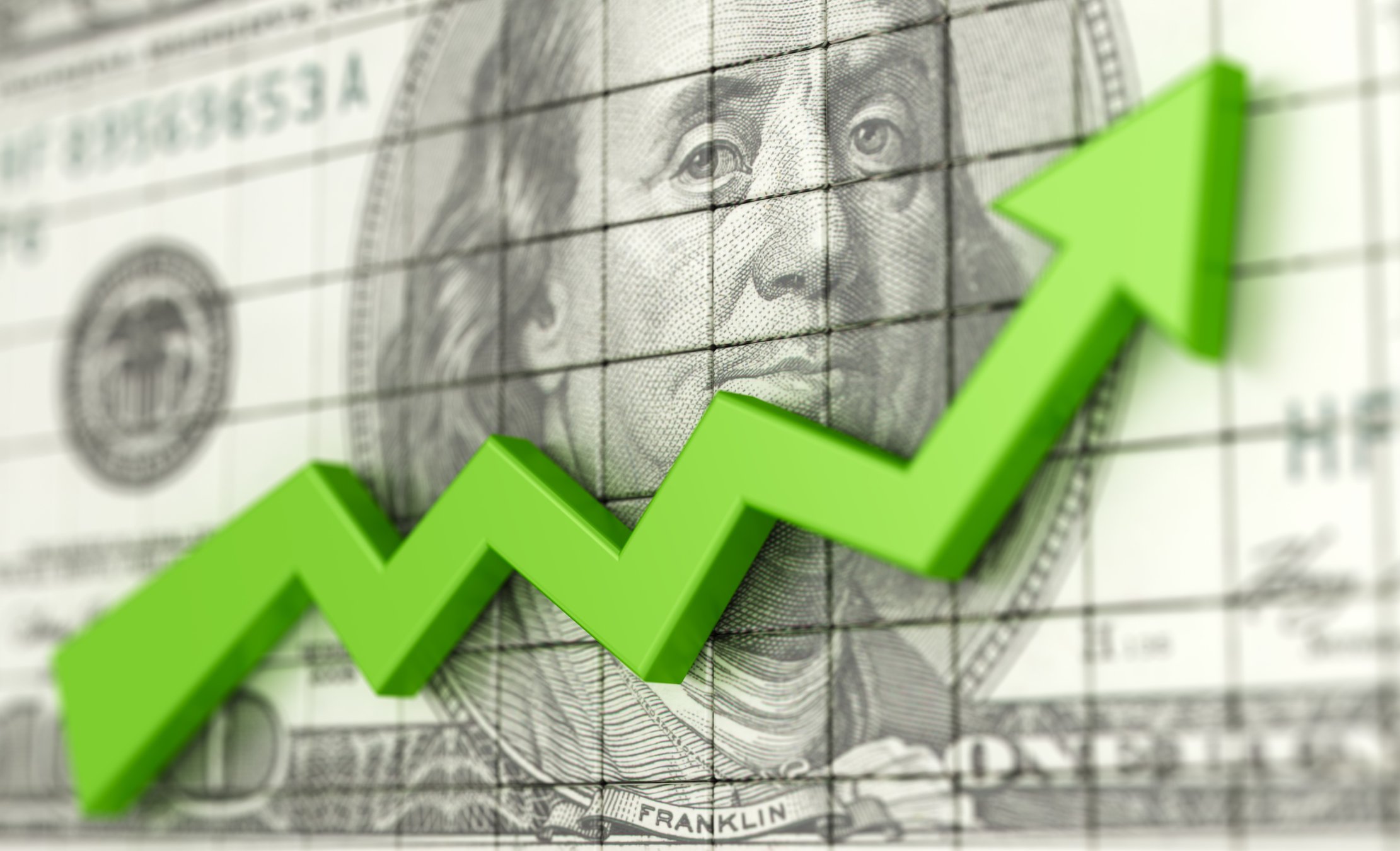Smaller stocks are ideal for investors willing to take additional risks for the potential for multi-bagger returns. With a stock price of just $2.22 (corresponding to a market cap of $6.77 billion), Lucid Group (LCID +1.46%) fits into this category. But the electric vehicle maker didn't get this cheap by accident. Let's dig deeper to see if it can overcome its operational challenges and generate massive wealth over the long term.
What went wrong for Lucid?
Looking at Lucid's stock price chart, it is clear that something went terribly wrong for the company. Shares have fallen by a whopping 96% from their all-time high of $58 (reached in early 2021), which means many early investors have been almost completely wiped out. The problem had a lot to do with macroeconomic factors outside management's control.

NASDAQ: LCID
Key Data Points
For starters, post-pandemic inflation caused the Federal Reserve to aggressively hike interest rates, making it harder for consumers to access credit to afford Lucid's high-priced sedans (the flagship Lucid Air starts at $71,400). Furthermore, EV demand began to slow as early adopters were reached and more competition entered the market.
Even the industry leader Tesla has faced pressure, with its automotive revenue dropping by 6% in 2024 -- before Elon Musk's overt political involvement made the situation even worse in 2025.
However, unlike Tesla, Lucid lacks the economies of scale to maintain profitability or keep losses under control, leading to spiraling cash burn. While first-quarter revenue grew by a respectable 36% year over year to $235 million, the company still burned through an eye-watering $692 million in just that quarter.
Lucid stays afloat through outside sources of capital, such as shareholder dilution (creating and selling more stock). But this has likely contributed to its underperformance.
Could Tesla's weakness be Lucid's strength?
Tesla's situation worsened in 2025, with first-quarter automotive sales dropping 20% year over year amid consumer boycotts and political backlash related to its CEO. This weakness could create an opportunity for Lucid to capture market share because it competes directly with Tesla's flagship Model S in the full-size luxury sedan segment.
This opportunity could be compounded by the possible passing of Trump's "One Big, Beautiful Bill" legislation, which aims to remove the $7,500 tax credit for EV purchases. According to CNN, the bill's current wording might exempt small players like Lucid, giving them a tremendous edge over their larger rivals -- although this legislation is still working its way through Congress, and nothing is finalized yet.
Trump's 25% tariff on foreign cars may also advantage Lucid by hurting imported luxury EVs from brands like Audi and Mercedes.

Image source: Getty Images.
Is Lucid stock a buy?
Lucid definitely enjoys a lot of encouraging tailwinds from Tesla's political quagmire and Trump's trade and economic policies. That said, whether or not it turns into a millionaire-maker stock will probably depend on the rollout of its new SUV platform, Gravity, launched in late 2024.
Gravity is a make-or-break product for Lucid because SUVs tend to be more popular than sedans in the US. The vehicle likely contributed to Lucid's high top-line growth rate in the first quarter. And analysts seem optimistic that this trend can continue with a consensus estimate of Lucid hitting $1.4 billion in total revenue in 2025, which would represent a growth rate of 73.3%.
With a price-to-sales (P/S) ratio of 6.7, Lucid's stock looks reasonably priced, considering its growth potential (Tesla has a P/S of 11). And while some investors may want to wait for more information, I think it might finally be time to pull the trigger and bet on a bull run.





